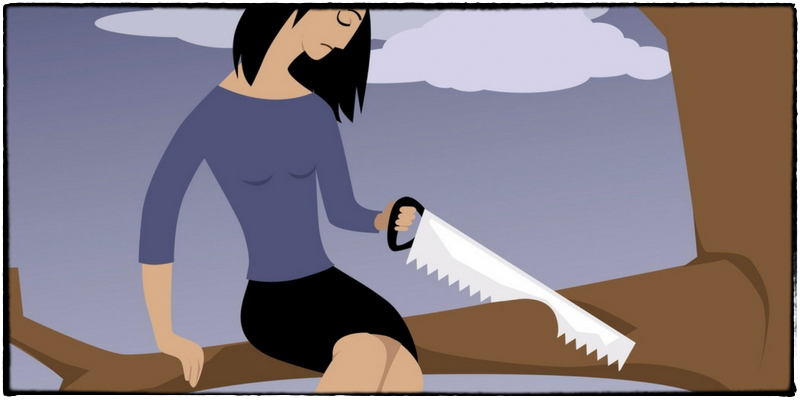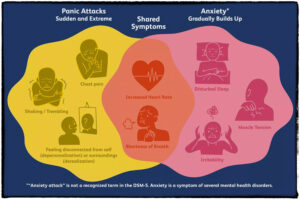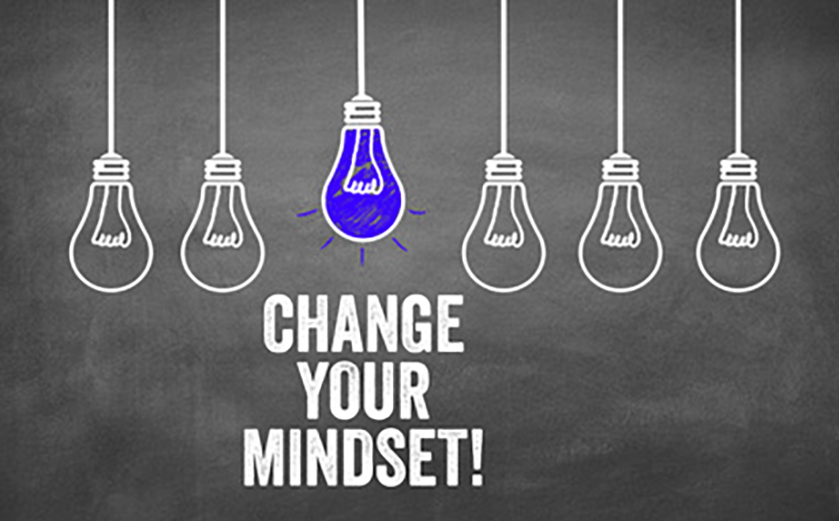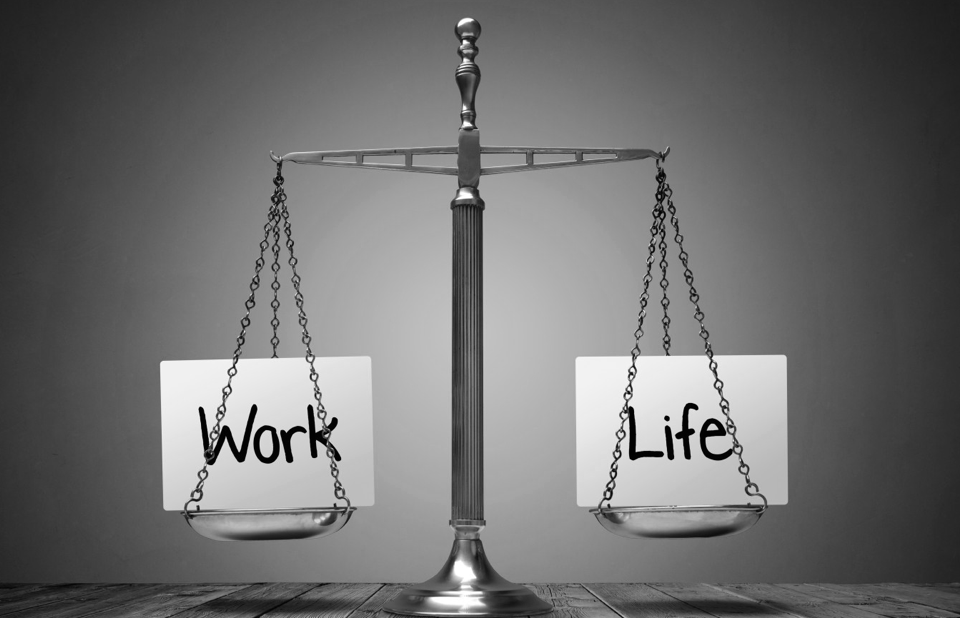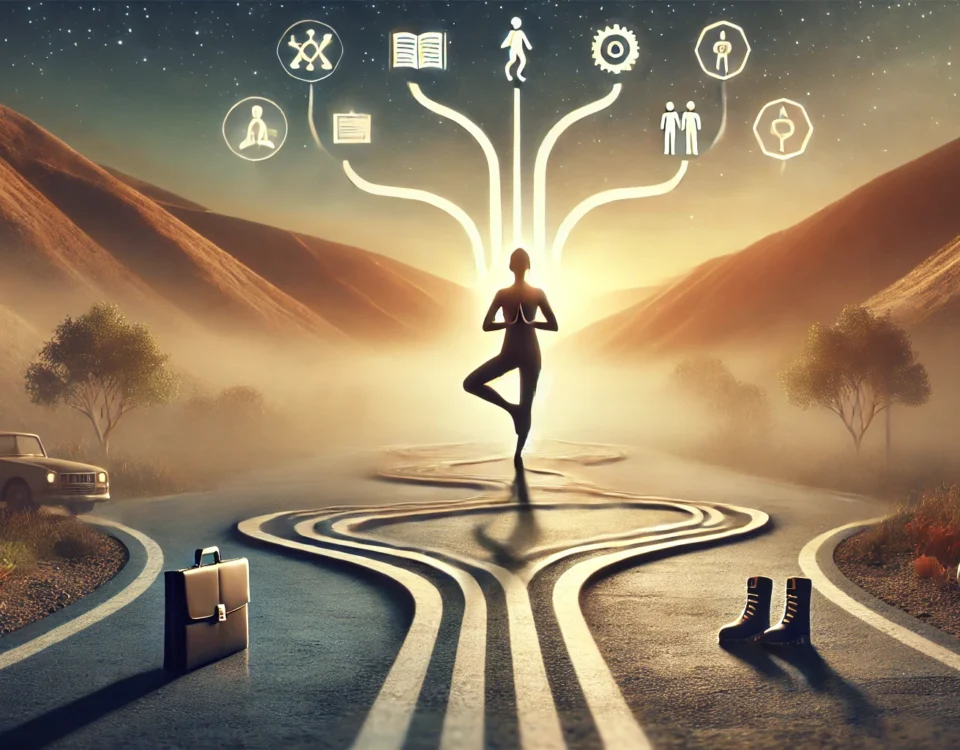Covid really fucked us all over from a mental health point of view.
And now Putin is being a complete cocktonsil which is not helping the way we feel about the world we live in.
There are very few of us that can say with 100% conviction and belief that the last two years didn’t affect us at all. I’ve spoken to people who initially claim that they were completely unaffected by covid, and more recently this Russia Ukraine thing, but as we chat a little bit deeper it becomes quite obvious that that’s not the case.
This weekend I’m planning to record a podcast with my therapist and we’re going to have a conversation about mental health, from a global point of view, and how it has affected us, coping mechanisms and some of the challenges we have faced or even, and this is where it gets real, things we haven’t even recognised or acknowledged yet.
For now though, I wanted to touch on something that a lot of people struggle with and that’s the difference between anxiety and a panic attack.
I am sure that most, if not all, of you have experienced an ‘attack’ where you feel stressed, mentally out of control and in that moment you feel the world is closing in, nobody can possibly understand how you feel and you feel… helpless as a mixture of built up emotion and fear comes at you from what feels like everywhere.
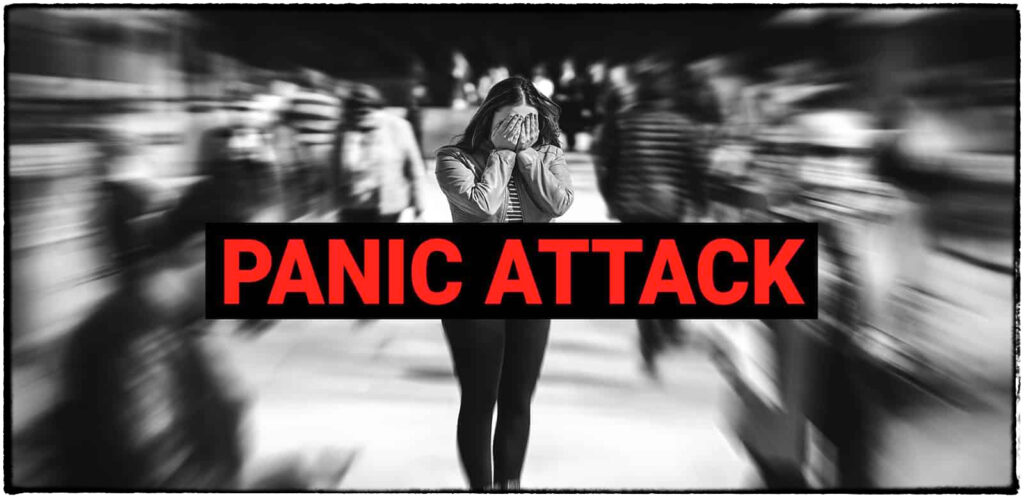
So let’s look at the two and how they normally start.
- Panic attack: Normally comes on rapidly without any warning.
- Anxiety: Tends to gradually build in intensity over time.
The causes for these two types of experiences can be be summed as as follows:
- Panic attack: Usually there is not any clear identifiable trigger.
- Anxiety: Generally has a specific trigger or defined circumstance that it’s directed towards.
These two are not necassarily mutually exclusive and even though there are some similarities the symptoms for each may look something like this.

Panic attack (classified by 4 or more of the following):
- Feeling dizzy
- Excessive sweating
- Feeling of choking
- Numbness or tingling sensations
- Chills or hot flashes
- Fear of dying
- Heart palpitations
- Trembling or shaking
- Nausea or abdominal pain
- Feeling dizzy, lightheaded, or faint
- Feeling detached from reality or oneself
- Fear of losing control or going crazy
Anxiety
- Muscle tension
- Sleep disturbances
- Dizziness
- Shortness of breath
- Restlessness
- Irritability
- Mind going blank
- Concentration difficulties
- Feelings of complete helplessness
Both of these, panic attacks and anxiety, can and will impact your life.
Panic attacks are associated with the autonomic nervous system and the amygdala, two places designed to detect threat and danger. Anxiety, on the other hand, is associated with the prefrontal cortex, which has to do with planning and anticipating.
Panic attacks can come on very quickly and peak, or be at their worst, within 10 minutes or and fades away within 30 minutes for most people.
Panic attacks do not last forever and the panic will subside on its own, even if you don’t do anything.
A big part of stopping a panic attack is to ride out the initial intensity and let it come down from there the best thing you could do is to try and ground yourself and become aware of your surroundings and physical sensations.
One of the exercises that I’ve found works really well with my clients is to do the 3 x 3 focusing exercise which makes you focus on sight, hearing and touch or body tension. Same goes for anxiety.

Although anxiety may fuel a panic attack, it’s a separate condition that is normally gradual and chronic.
Anxiety is basically what we experience when we are worrying about some future event — anticipating a bad outcome that might happen. It’s often involved with muscle tension and a general feeling of uneasiness. And it usually comes on gradually.
Managing anxiety involves challenging unrealistic thoughts or working to increase one’s ability to tolerate uncertainty, which is a big part of anxiety. This is very hard to do on your own and a coach, therapist or trusted friend would be able to help you explore this.
You could also, depending on the source of your anxiety, come up with a hierarchy from the least to most scary types of situations and systemically challenge these, again with the help of a friend, coach or therapist, to test their fears of what might happen.
In both instances, panic attacks and anxiety, one of the big things is to recognise how your body reacts physiologically, focus on it and then, for example, do certain breathing exercises to make you feel more comfortable with the affect elevated heart rates and fast, shallow breathing, has on your headspace and emotions.
The reality is that we can’t and won’t always be able to prevent triggers from occurring, but we can change the way we respond to them.
It’s not easy, I know this because I’ve experienced both panic attacks and anxiety in the past – still do sometimes – but it’s important to remember that it IS possible to manage.
And remember that you’re not alone in this, especially during the last two years during which the pandemic has caused a a lot of people to experience the affects of free floating anxiety for the first time.
“Our anxiety does not empty tomorrow of its sorrows, but only empties today of its strengths.” ~ C.H. Spurgeon
I know a quote doesn’t always help when you’re in a bad moment, but perhaps read that one when you’re in a good space as it will plant a small seed of hope and awareness in yourself.
And self care. It matters. A lot.
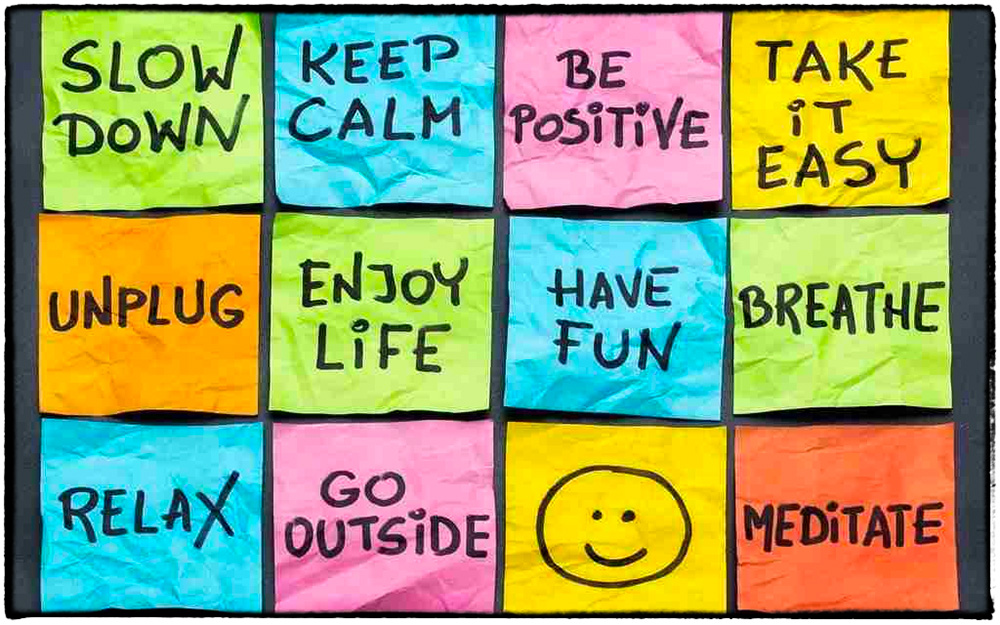
Again, you are not alone.
There are ways to manage your personal challenges with panic attacks and anxiety.
And if you’d ever like to chat or just need a sounding board, I’m always here to help where I can.
G.
✌🏼


